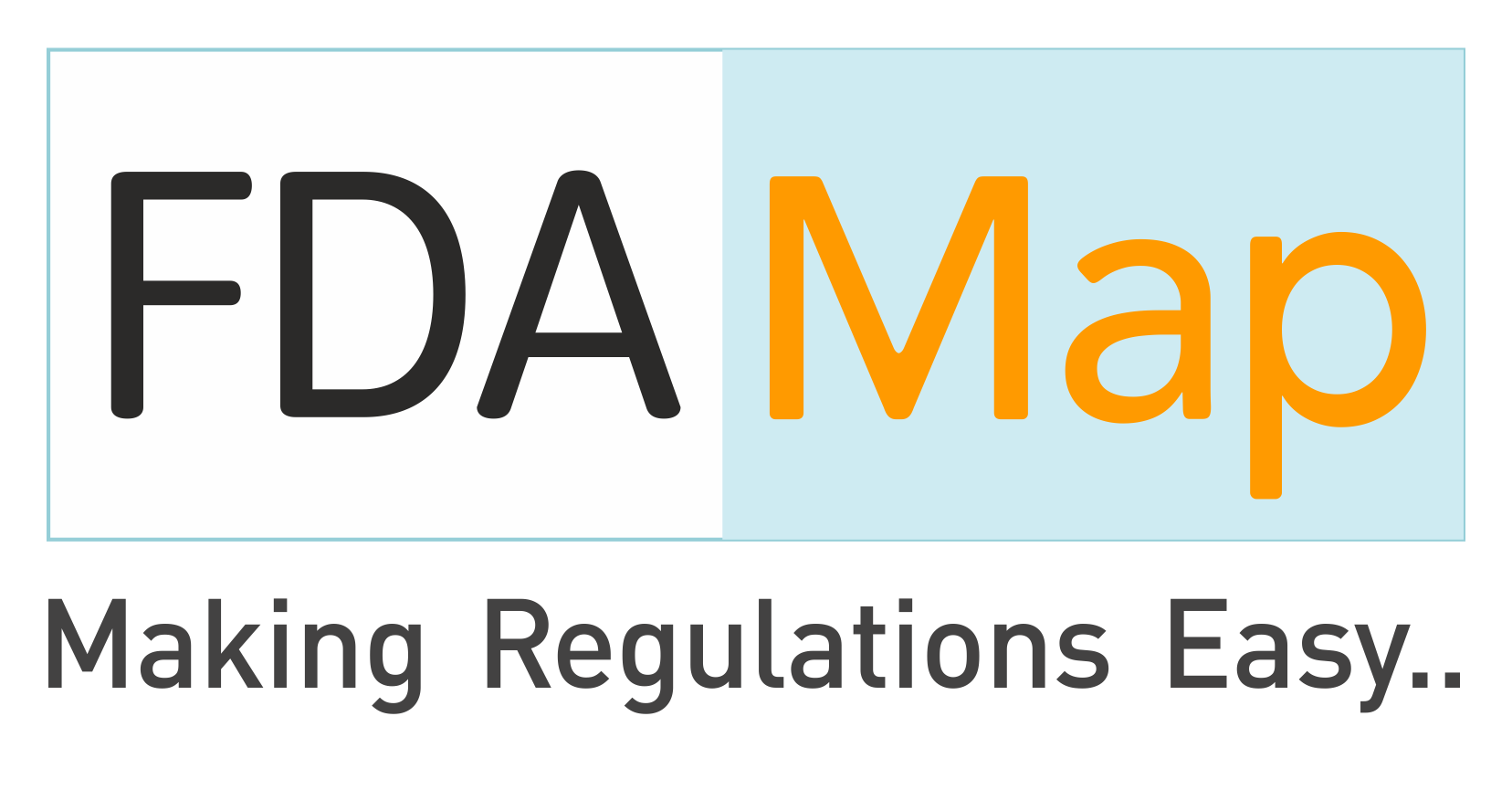Informed consent is a cornerstone of ethical clinical research, ensuring that participants fully understand the scope, risks, and benefits of their involvement. With the rise of digital clinical trials, the process of obtaining informed consent has evolved, leveraging technology to enhance comprehension, engagement, and efficiency. FDAMap Clinical offers innovative solutions to streamline this critical process, ensuring compliance with ethical standards while improving participant experiences.
Enhancing Patient Understanding with Digital Tools
Digital platforms have revolutionized the informed consent process by incorporating multimedia elements such as videos, audio explanations, and interactive graphics. These tools cater to diverse learning preferences, making complex medical information more accessible. FDAMap Clinical integrates these features into its solutions to ensure participants fully grasp the study’s procedures, potential risks, and benefits.
Interactive assessments further enhance comprehension by identifying and addressing knowledge gaps. This approach not only promotes ethical standards but also improves clinical trial patient recruitment by fostering trust and transparency.
Increasing Accessibility and Convenience
The flexibility of electronic informed consent (eConsent) systems makes participation easier for patients. FDAMap Clinical enables remote consenting options through secure online platforms, reducing logistical barriers such as travel requirements. This accessibility is particularly beneficial for decentralized trials, expanding patient enrollment in clinical trials to diverse populations.
Additionally, eConsent platforms allow real-time updates to consent documents. Participants are promptly notified of any changes, ensuring ongoing transparency and reinforcing their trust in the study.
Streamlining Administrative Workflows
Transitioning from paper-based consent to digital systems significantly reduces administrative burdens. FDAMap Clinical’s eConsent solutions offer features like version control, real-time tracking of consent statuses, and secure storage of records. These capabilities simplify compliance with regulatory requirements while enhancing operational efficiency.
By automating routine tasks, researchers can focus on clinical trial participant recruitment and engagement rather than paperwork. This streamlined process also ensures that participants are always working with the most current consent materials.
Promoting Ethical Standards Through Transparency
Transparency is central to informed consent in digital clinical trials. FDAMap Clinical emphasizes clear communication by presenting information in patient-friendly language and providing opportunities for participants to ask questions or seek clarification. This open dialogue builds trust and encourages patient acquisition for clinical studies.
Moreover, digital platforms enable researchers to document every step of the consent process meticulously. This creates a comprehensive audit trail that upholds ethical standards and protects participant rights.
Improving Retention Through Engagement
Informed participants are more likely to remain engaged throughout a study. FDAMap Clinical’s eConsent systems foster engagement by keeping participants informed about their role in the trial and any updates to the study protocol. This proactive approach reduces dropout rates while enhancing clinical patient engagement.
Interactive features such as quizzes or knowledge checks also ensure that participants feel confident about their decision to participate. By addressing concerns early on, researchers can build stronger relationships with participants.
Addressing Challenges in Digital Consent
While eConsent offers numerous advantages, it also presents challenges such as technology literacy barriers or data security concerns. FDAMap Clinical addresses these issues by designing user-friendly platforms that cater to all demographics. Secure encryption protocols ensure that participant data remains confidential and protected at all times.
Additionally, FDAMap Clinical provides training for research teams to effectively implement eConsent processes. This support ensures a seamless transition from traditional methods to digital solutions.
Conclusion
Informed consent is more than a regulatory requirement—it is a vital component of ethical clinical research that empowers participants to make educated decisions about their involvement. With the advent of digital clinical trials, FDAMap Clinical is at the forefront of transforming this process through innovative eConsent solutions.
By enhancing comprehension, improving accessibility, streamlining workflows, and promoting transparency, FDAMap Clinical ensures that informed consent remains a robust and participant-centered practice. These advancements not only improve clinical trial patient recruitment but also foster long-term trust and engagement, paving the way for more inclusive and effective research outcomes.
